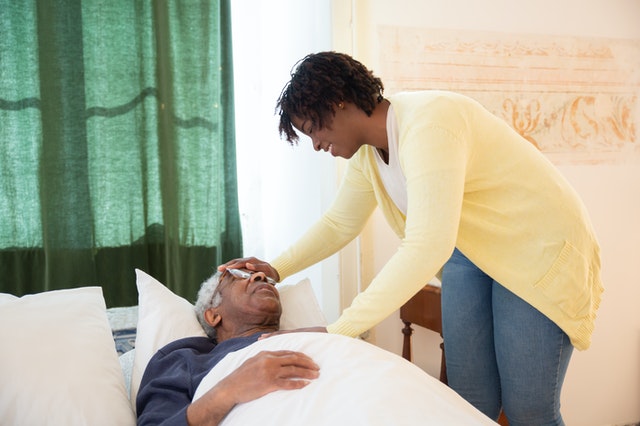
What You Need to Know if You Want to Be a Guardian of a Loved One in Orlando, Florida
- November 22, 2021
- ontarget
- Elder Law, Guardianship
- 0 Comments
If you have an elderly parent, relative or spouse who struggles to make their own decisions, you may want to become their guardian. The first step to becoming a guardian is to fill out an Application for Guardianship to prove that you are qualified to be Guardian of the Person and Guardian of the Property of your loved one. This is called a Plenary Guardianship.
To qualify to be the Plenary Guardian, you must answer many questions on the Application for Guardianship, such as the following:
- Have you ever been fired from employment?
- Have you ever filed for bankruptcy?
- Have you ever been convicted of a felony?
- Have you ever had an abuse report against you?
- Have you ever been treated for mental health issues?
- Have you ever been treated for alcoholism?
- Have you ever had drug abuse treatment?
If you have had any of the above issues, you may want to consider hiring a Professional Guardian. However, if another relative also petitions for Plenary Guardianship, they will have priority over the Professional Guardian, as relatives have priority over non relatives.
Along with filling out the Application for Guardianship, you will need to do a couple other things to become someone’s Plenary Guardian. You must be fingerprinted and subjected to a background check. You must also take the Guardianship class, which you can currently take online.
The Florida Statute 744.309— Who may be appointed guardian of a resident ward is as follows:
“Any resident of this state who is sui juris and is 18 years of age or older is qualified to act as guardian of a ward. A NONRESIDENT of the state may serve as guardian of a resident ward if he or she is:
(a) Related by lineal consanguinity to the ward;
(b) A legally adopted child or adoptive parent of the ward;
(c) A spouse, brother, sister, uncle, aunt, niece, or nephew of the ward, or someone related by lineal consanguinity to any such person; or
(d) The spouse of a person otherwise qualified under this section.
You will not qualify to be Guardian if you were convicted of a felony, are incapacitated, or have illness that prevents you from preforming your duties. Further, no person who has been judicially determined to have committed abuse, abandonment, or neglect against a child as defined in s. 39.01 or s. 984.03(1), (2), and (37), or who has been found guilty of, regardless of adjudication, or entered a plea of nolo contendere or guilty to, any offense prohibited under s. 435.04 or similar statute of another jurisdiction, shall be appointed to act as a guardian.
A person who provides substantial services to the proposed ward in a professional or business capacity, or a creditor of the proposed ward, may not be appointed guardian and retain that previous professional or business relationship.
A person may not be appointed a guardian if he or she is in the employ of any person, agency, government, or corporation that provides service to the proposed ward in a professional or business capacity. However, except that a person so employed may be appointed if he or she is the spouse, adult child, parent, or sibling of the proposed ward.”
If you have more questions regarding a Guardianship Law matter, you may call Ann Marie Giordano Gilden at Ann Marie Giordano Gilden, P.A. at 407-732-7620 and set an initial consultation.
This article is for informational purposes only and does not form an attorney client privilege.
